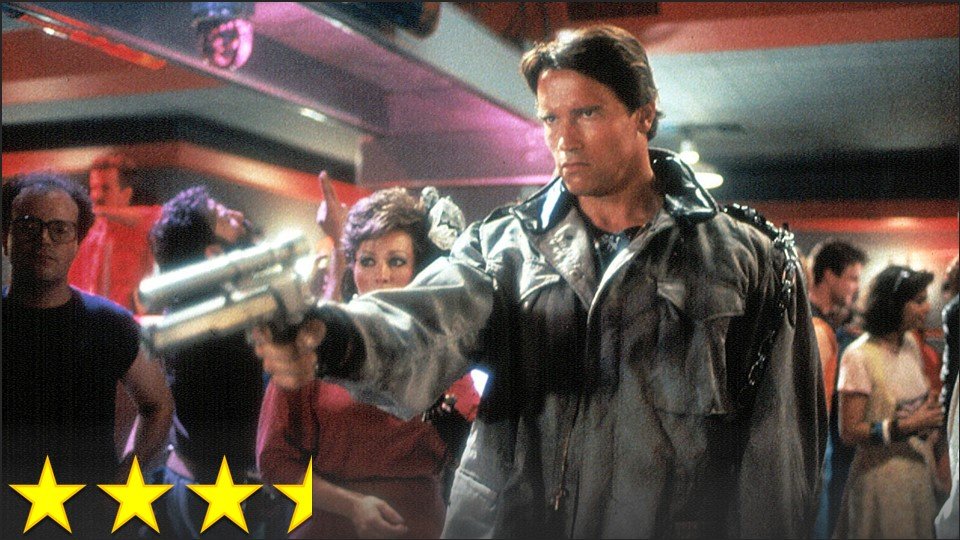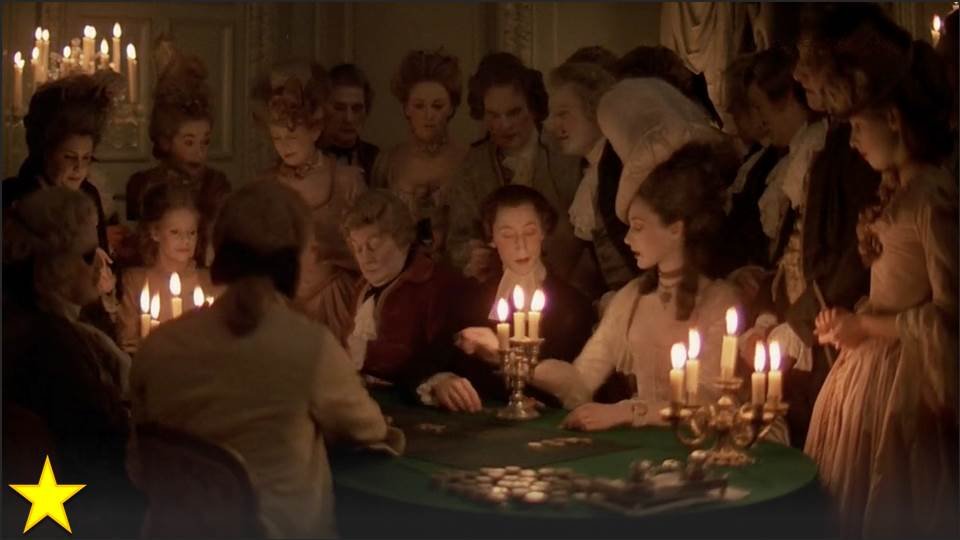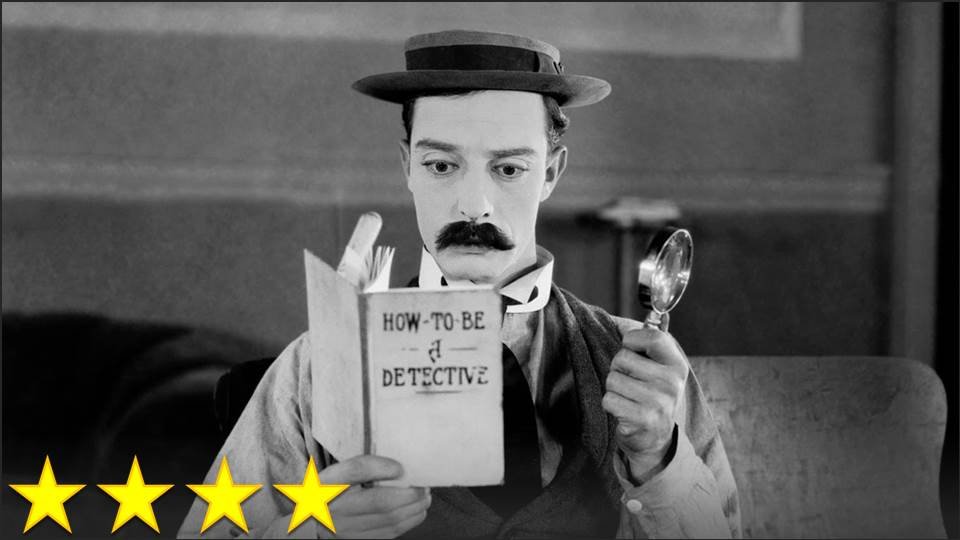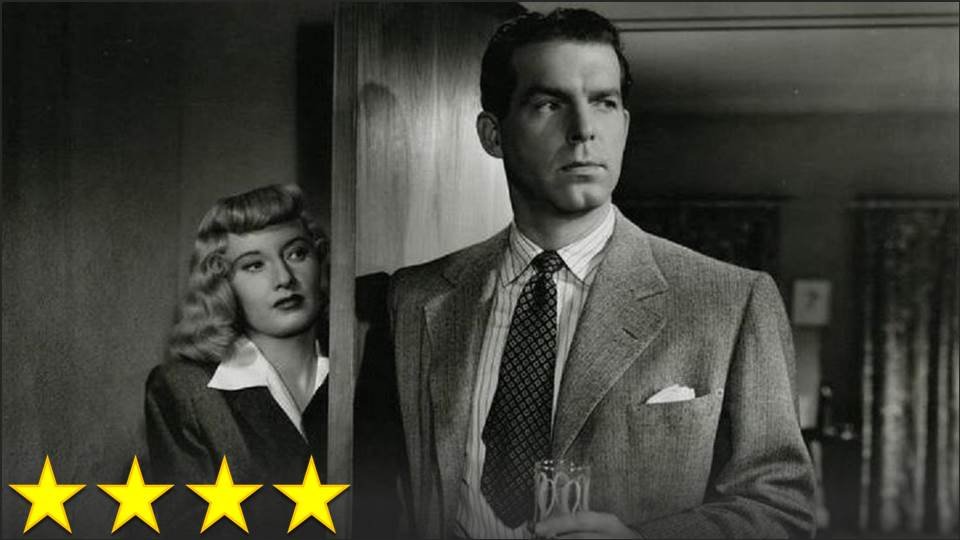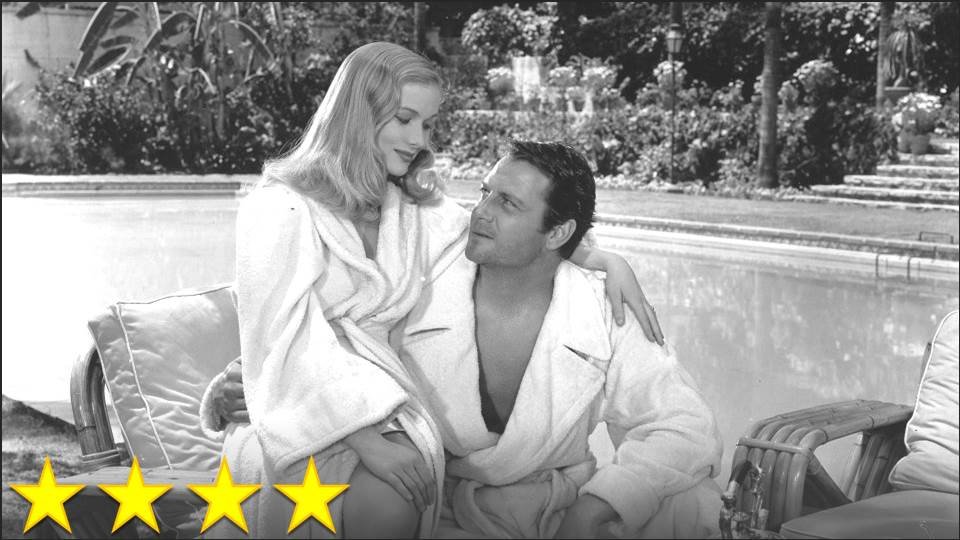MINOR SPOILER ALERT
Oh, how I love the ’80s. The ’80s developed the styles of particular cult ’70s musicals into a New Expressionism – one that emphasized deep, vivid colors and bright lights flashing through dark, gray cities. This mix of warm grays, cold blues, and hot reds spread across theatrical sets was complimented by over-the-top acting of Lloyd, Fox, Moranis, Curry, and others, bringing a theatrical quality to cinema that had not been seen since the days of German Expressionism. The use of electronic music made everyone feel like the future was just around the corner, but whether that future was exciting or dystopian depended on the movie. There is, of course, a spectrum to ’80s cinema, and much of it was very light and clean and harmless, but the darker end of the spectrum was home to the dark, dystopian action films: Blade Runner, RoboCop, Aliens, Batman, and perhaps the most emblematic of them all, Terminator.
Regrettably, I didn’t love Terminator quite as much as I’d hoped. I liked it just fine, but since I’m not usually a big fan of an action movie for action’s sake, I found it somewhat lacking. Its characters could have been a little bit more interesting, although Schwarzenegger was about as fun to watch as I had expected, and the story could have been a little bit more dramatic or devious. The ending left me a bit unsatisfied because it means that very little was actually accomplished apart from that which was necessitated by the rules of time – all of the events of the film (that take place in the ’80s) are already predestined, and couldn’t have possibly gone any other way. The ending would have been more satisfying if their actions in the ’80s somehow prevented all the horrible robot wars of the future or had caused all of the horrible robot wars, but as it was it felt weak. I don’t really consider this film to be a disappointment, however, because it was exactly what it needed to be – an excursion into fun science fiction with that beautiful ’80s charm.
